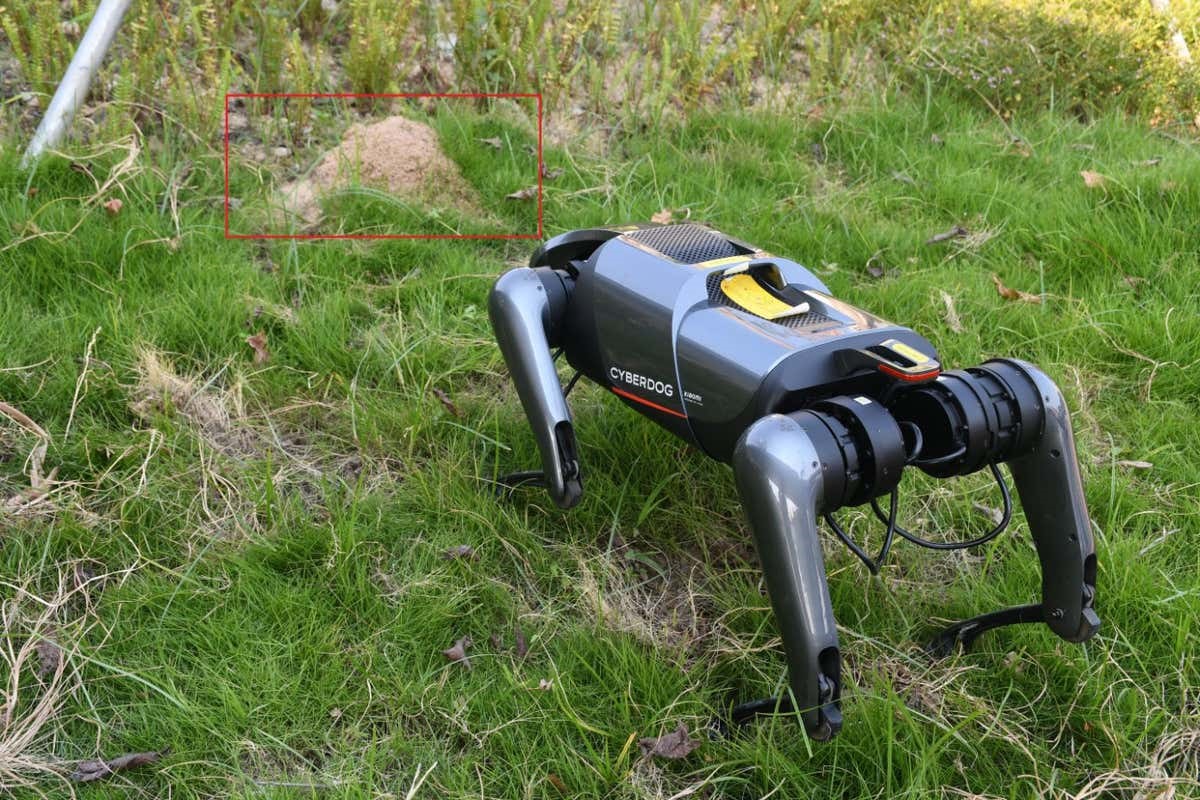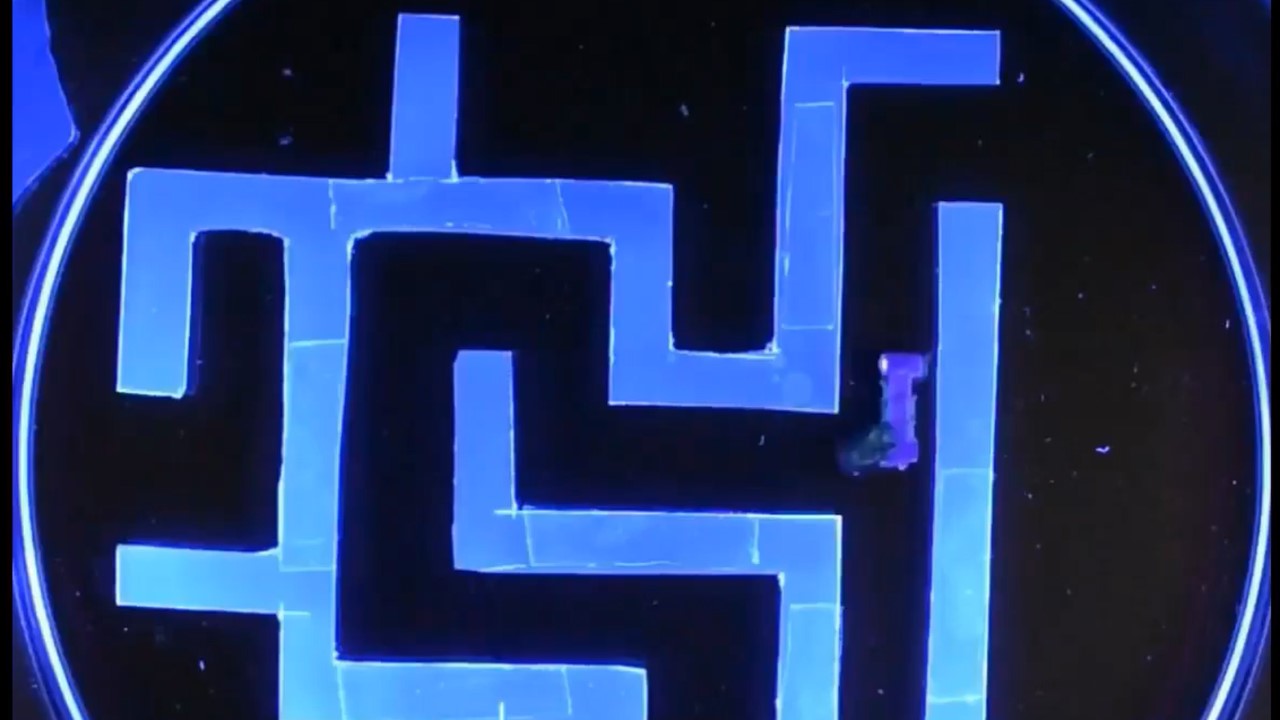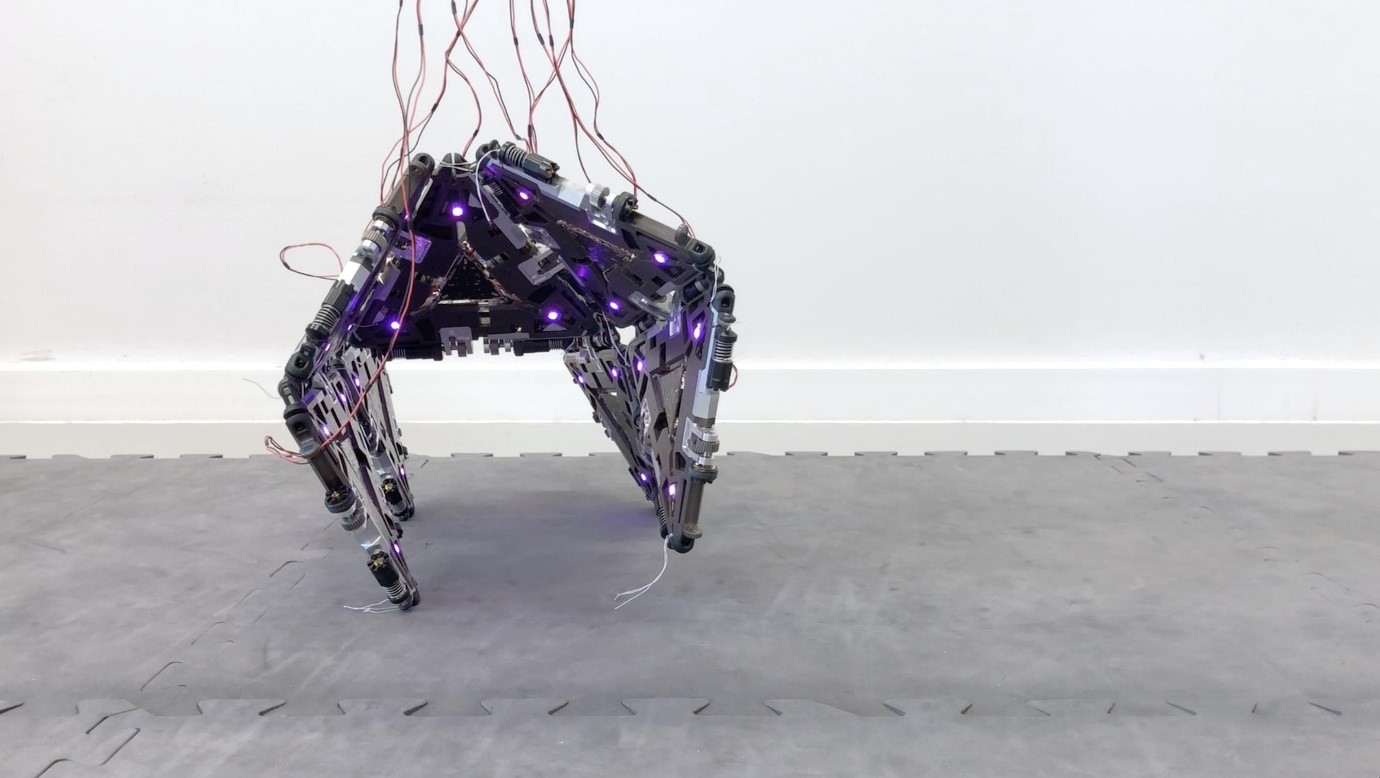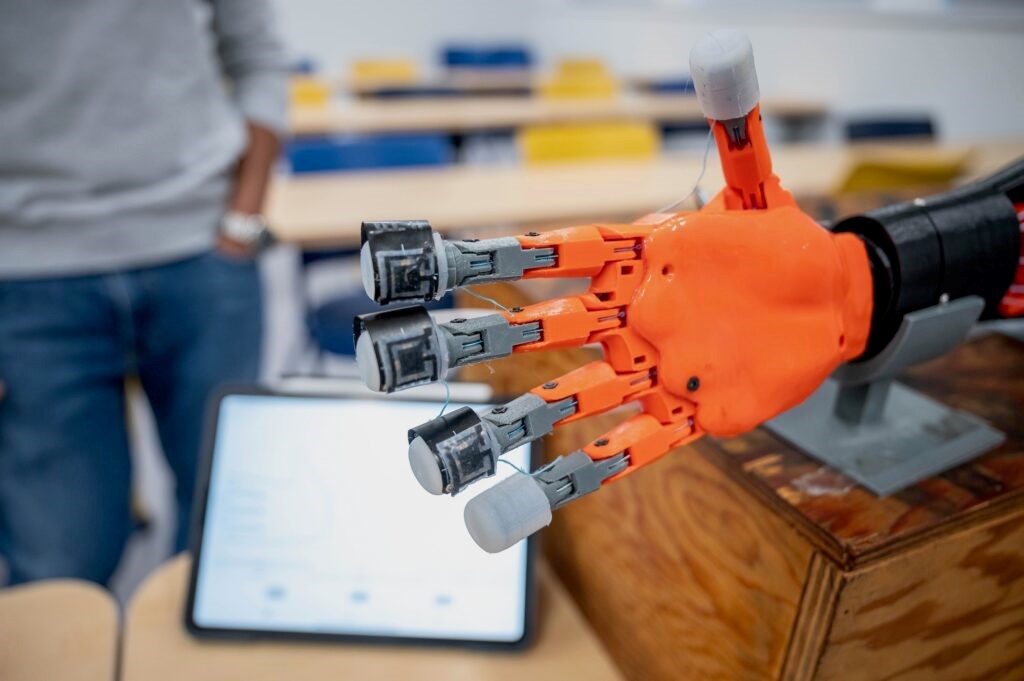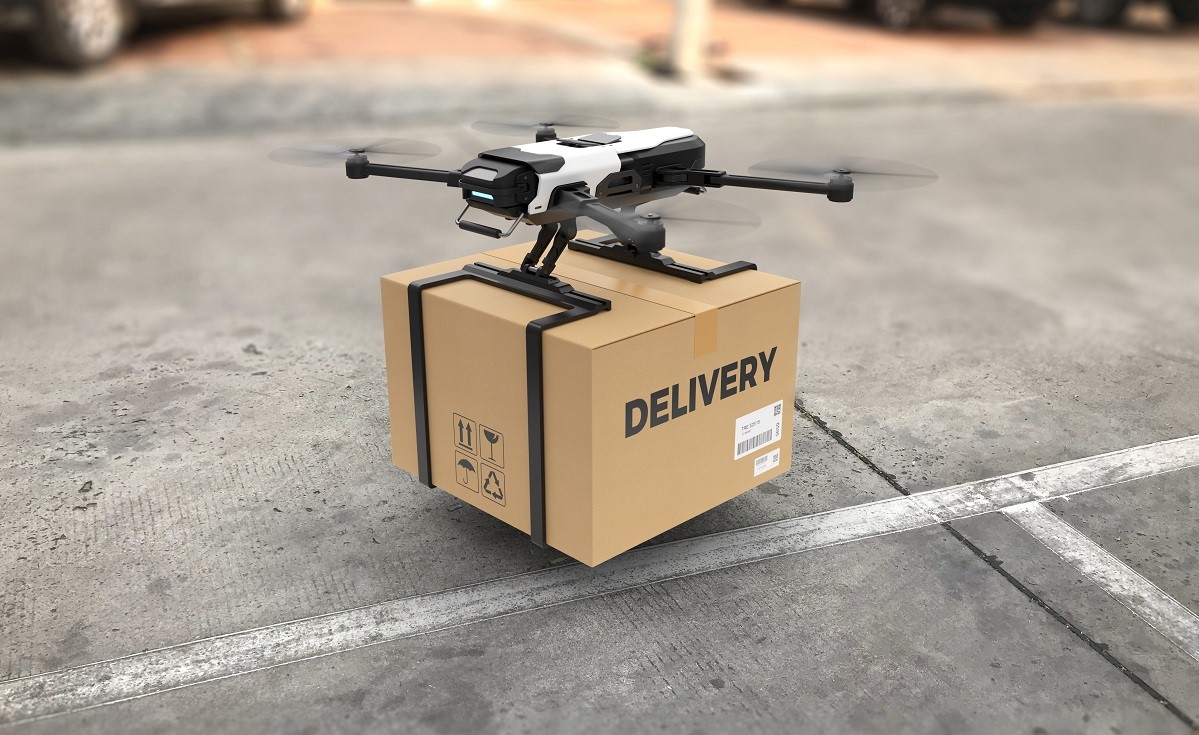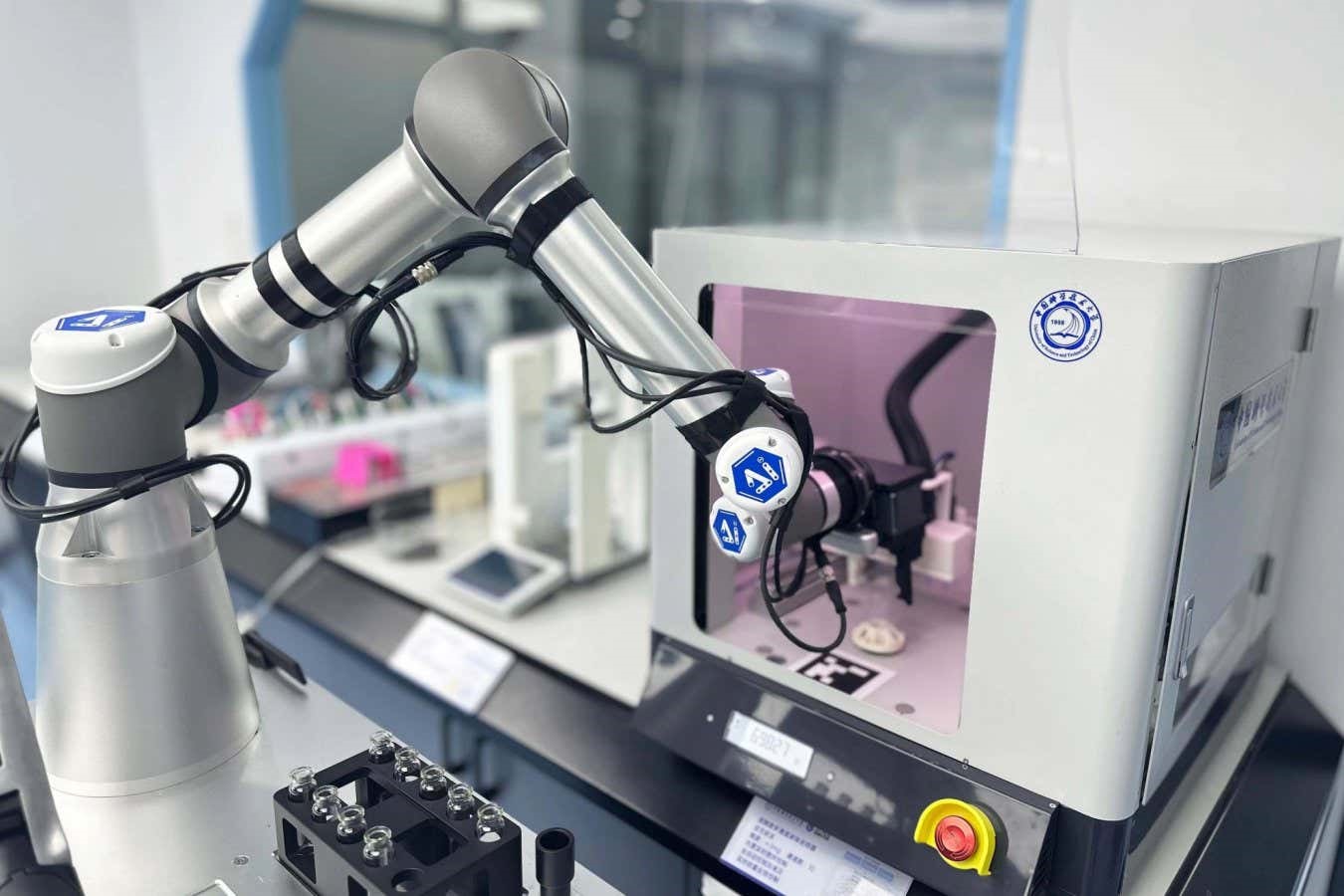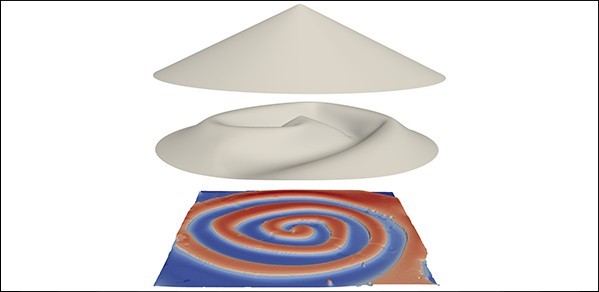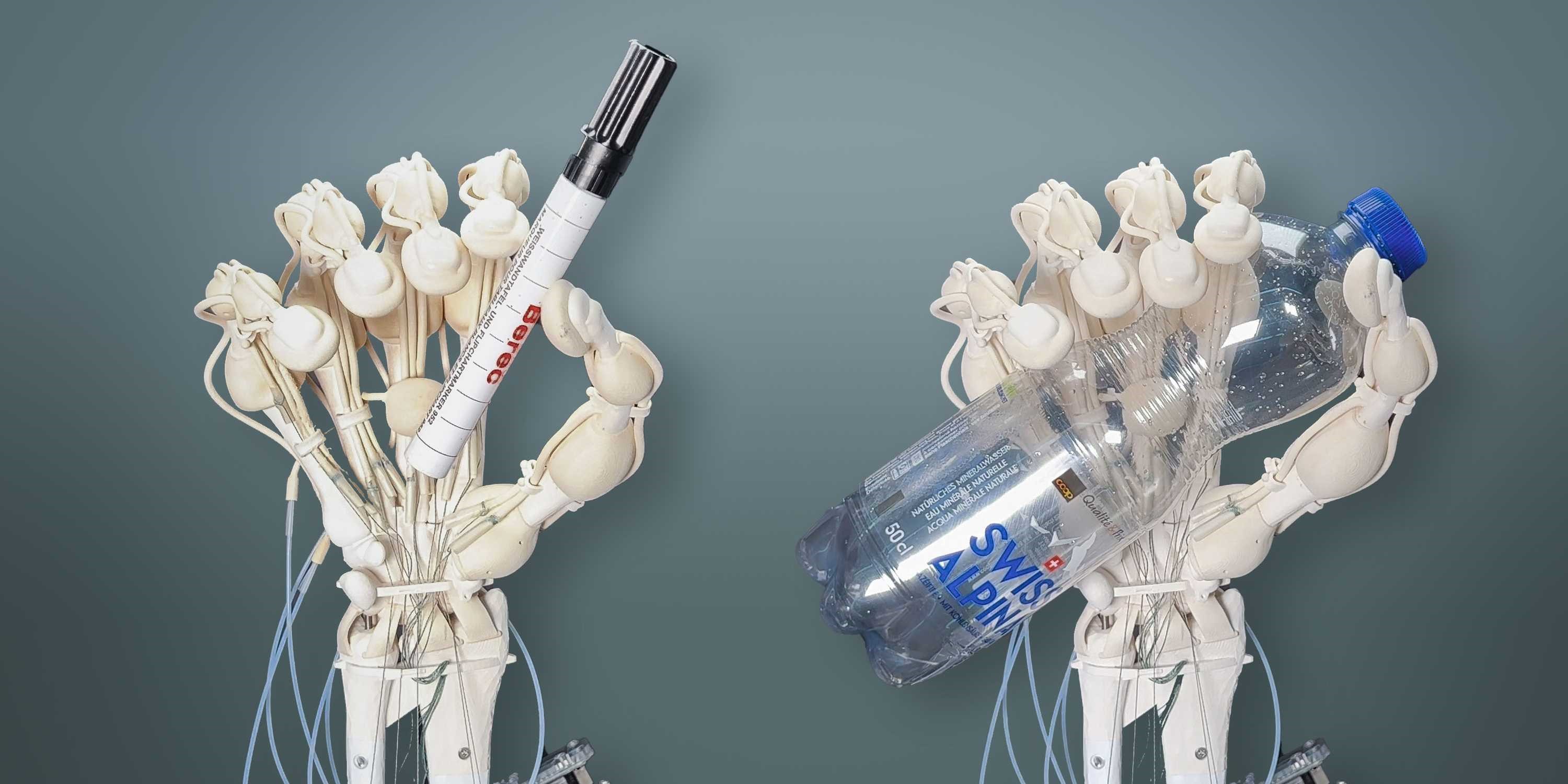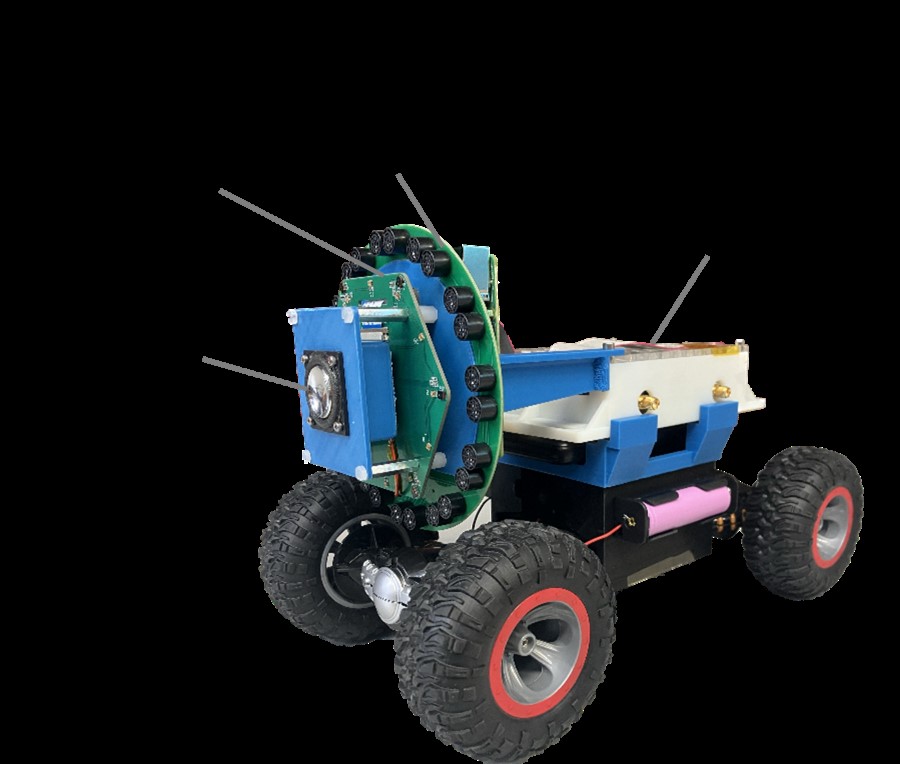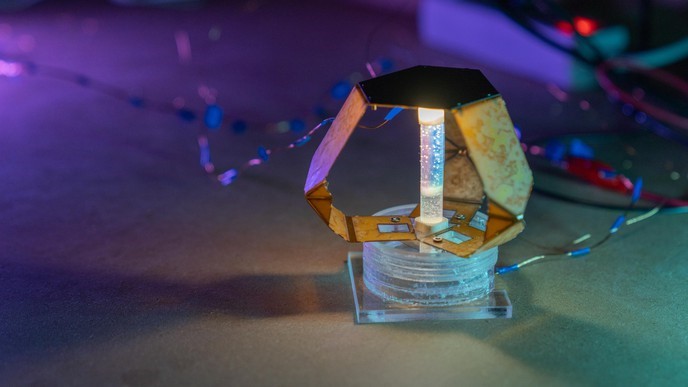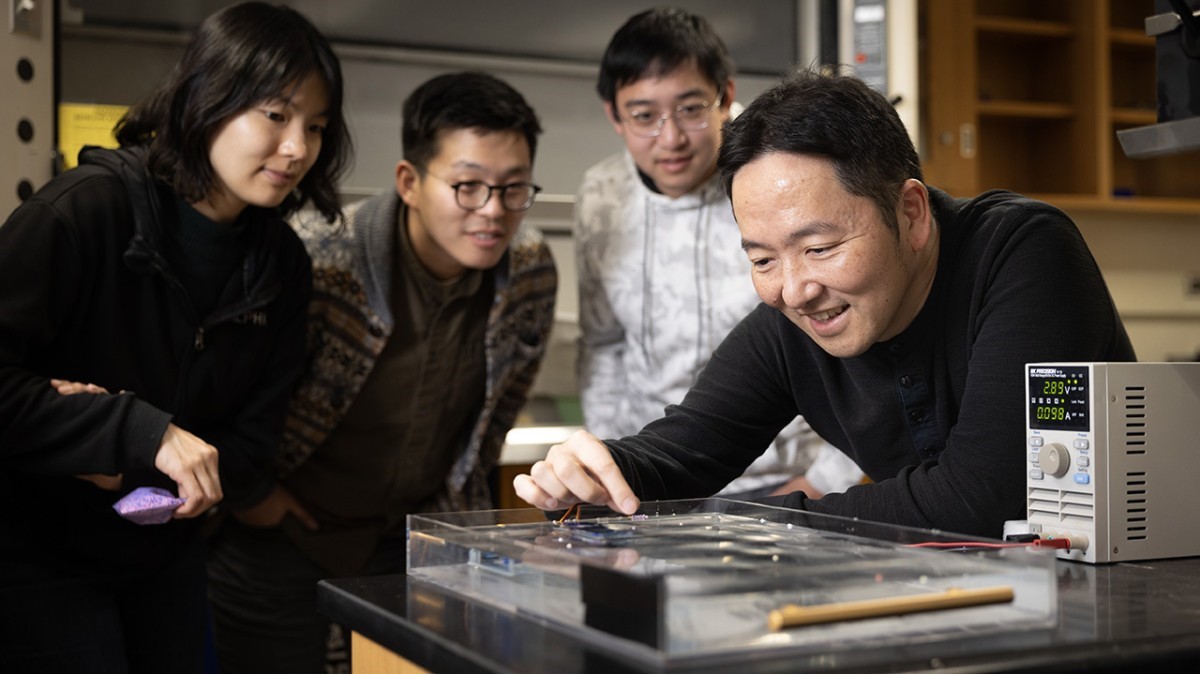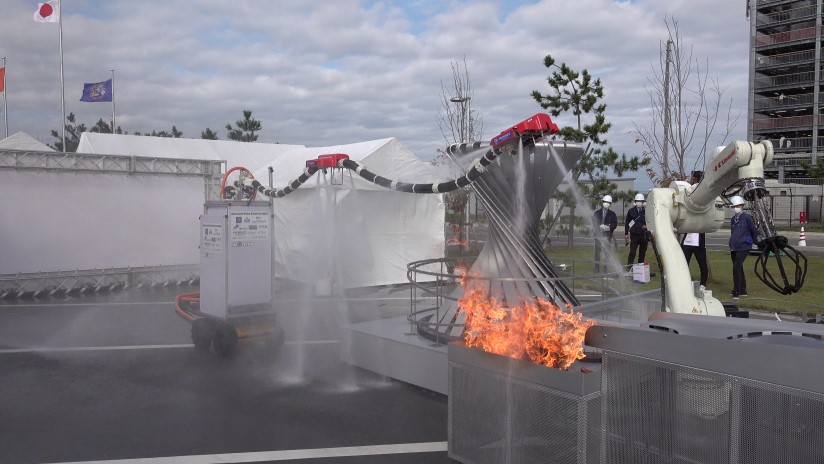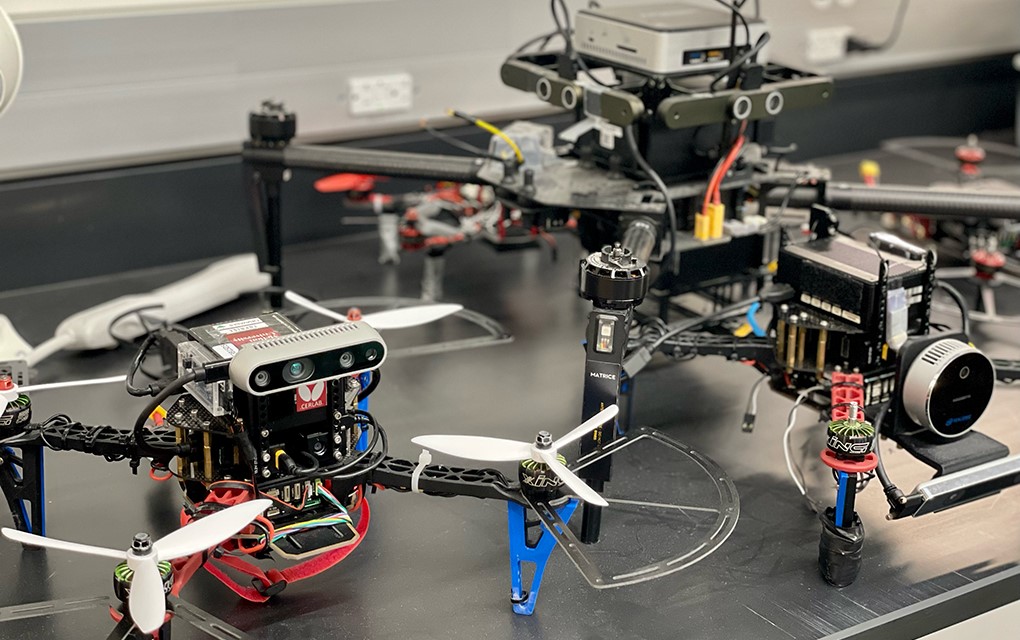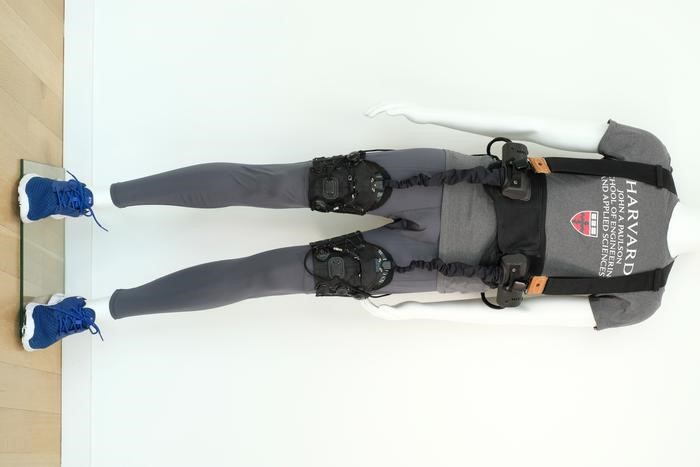Meet Mugatu, the Single-Motor Steerable Bipedal Marvel
In the ever-evolving landscape of robotics, breakthroughs are continually reshaping the possibilities of what machines can achieve. A recent milestone comes from a dedicated team of mechanical engineering researchers who have unveiled "Mugatu" – a groundbreaking steerable bipedal robot boasting a remarkable feat: it operates with just a single motor.
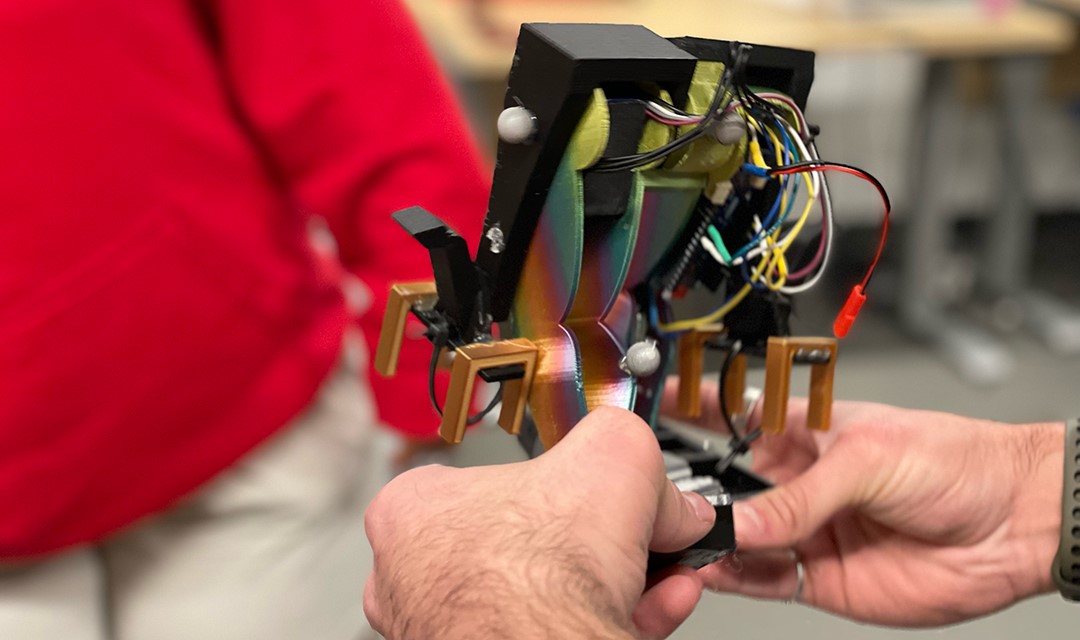
Figure 1. Mugatu. (Credit: Carnegie Mellon University)
Figure 1 shows Mugatu. Small robots play a crucial role in investigating and inspecting confined spaces, where their nimble movements allow them to navigate intricately around obstacles. This capability is particularly vital in scenarios such as machinery inspection or search operations in disaster-stricken areas. However, the challenge lies in creating small robots that are not only steerable but also equipped with their own power sources.
Enter Mugatu, the brainchild of Aaron Johnson, an associate professor of mechanical engineering, and Sarah Bergbreiter, a professor of mechanical engineering, along with their team of innovative researchers. This groundbreaking creation is not only the first of its kind but also demonstrates unparalleled simplicity in design. Remarkably, Mugatu achieves its steerable bipedal locomotion with just a single motor.
James Kyle, the first author and a recent mechanical engineering graduate, sheds light on the project's initial direction: "The first direction of the project was aimed at simplifying the way robots walk as much as possible." The team's goal is to understand how scaling affects locomotion, offering the potential to adapt existing robot designs for different sizes, facilitating tasks like navigating through smaller pipes or carrying heavier loads.
Undergraduate mechanical engineering student Kendall Hart, responsible for the robot's current sensor, highlights the practical learning experience: "Before I came into the lab, I had a vague understanding of MATLAB, but working on this project allowed me to apply what I learned in class. When we were working on implementing the current sensor, there was a lot of debugging there, but now it’s made me more confident in debugging without my mentors."
The project, affectionately nicknamed "The LEGO Project," envisions downsizing these walkers to the scale of LEGO blocks. Kendall Hart acknowledges the challenges in the downsizing process, noting that "the mechanics of everything changes as you start down-sizing." However, the team's pioneering work promises a revolutionary leap in the efficiency of small robots, driven by the drastic simplification of the walking device and its single degree of freedom.
The impact of Mugatu resonates not only in its technical achievements but also in its potential to transform the field of robotics. As Kendall Hart succinctly puts it, "What makes the project so special and so impactful in the community is because it’s never been seen before." The collaborative efforts of James Kyle, Justin Y. Kim, Kendall Hart, Sarah Bergbreiter, and Aaron Johnson have laid the foundation for a new era in small-scale robotics, where innovation knows no bounds.
Source: Carnegie Mellon University
Cite this article:
Hana M (2023), Meet Mugatu, the Single-Motor Steerable Bipedal Marvel, AnaTechMaz, pp. 14


